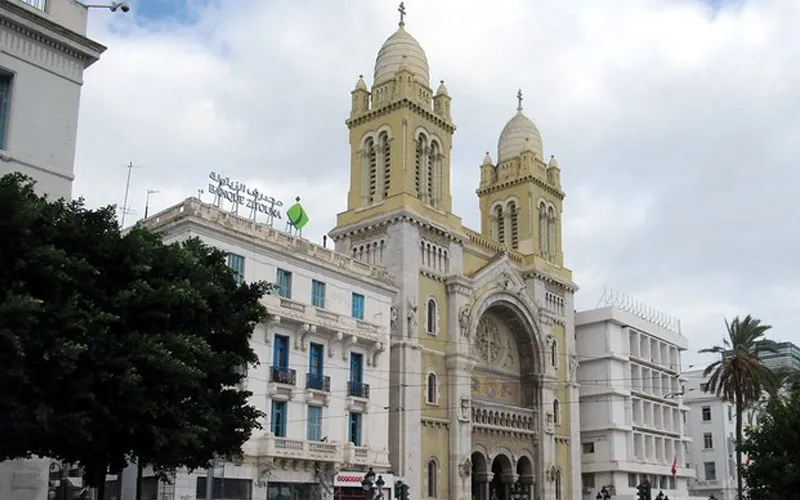“Visiting certain hospitals, I had the impression of reviewing the images seen in Italian hospitals in the darkest moments at the beginning of the pandemic,” the Local Ordinary of Tunis recounts.
In what seemed a reaction to protestors’ demands, the President of Tunisia, Kais Saied, ousted the Prime Minister, Hichem Mechichi, and announced the closure of parliament for 30 days.
The July 25 move reportedly plunged the country “into constitutional crisis in the midst of a pandemic,” According to Africanews.
President Saied who was elected in 2019 is said to have explained that he had "taken the necessary decisions to save Tunisia, the state and the Tunisian people."
The following day, on Monday, July 26, he went on to sack the country’s Minister of Defense, attracting criticism from the biggest political party in Tunisia, Ennahdha, the party’s leadership describing President Saied’s latest decisions as a “coup.”
In the July 27 report, Archbishop Antoniazzi says the move by the Tunisian President “was welcomed with relief by the majority of the population, exhausted by a situation that seemed to have no way out.”
“Only twenty-four hours have passed since the presidential measures, the euphoria seems to have passed; there is a state of waiting for the further decisions that the President will take. But in this wait, trust and hope still prevail,” the Italian-born Archbishop says.
He continues, “In this scenario, the population initially placed their trust in the government, but then, in the face of government immobility, the opening of credit soon faded away. The ministers were accused of corruption, and of defending their private interests.”
“Expectation is growing for the President’s future moves, as well as the fear of increasing violent clashes between groups of militants in favor of and against presidential decisions,” the 73-year-old Archbishop who has been at the helm of the Archdiocese of Tunis since April 2013 further says.
President Saied, he adds, “has ordered the security forces to patrol the airports to prevent some 'big boys' from leaving the country.”








